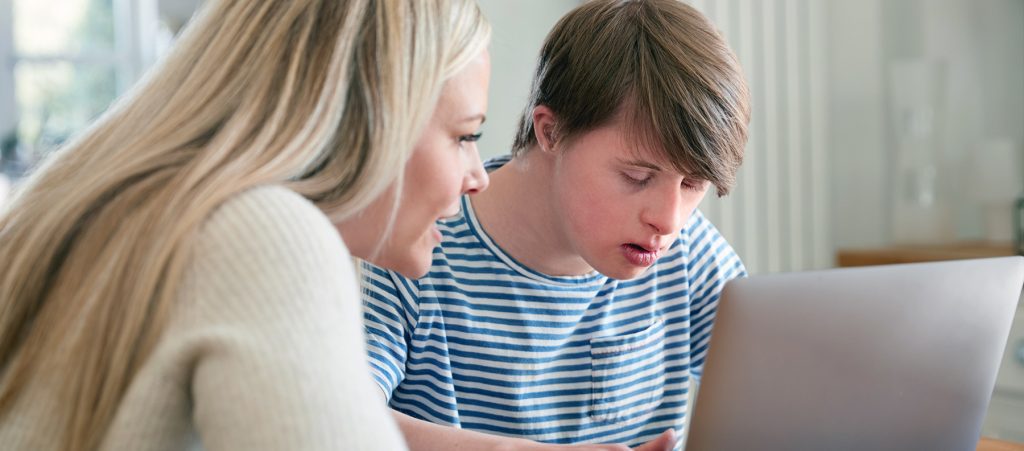Enhance Well-being and Social Connections Through Disability Group Activities
Explore the wide array of disability group activities designed to foster social connections, skills development, and well-being for individuals with psychosocial, intellectual, and dual disabilities in Australia.
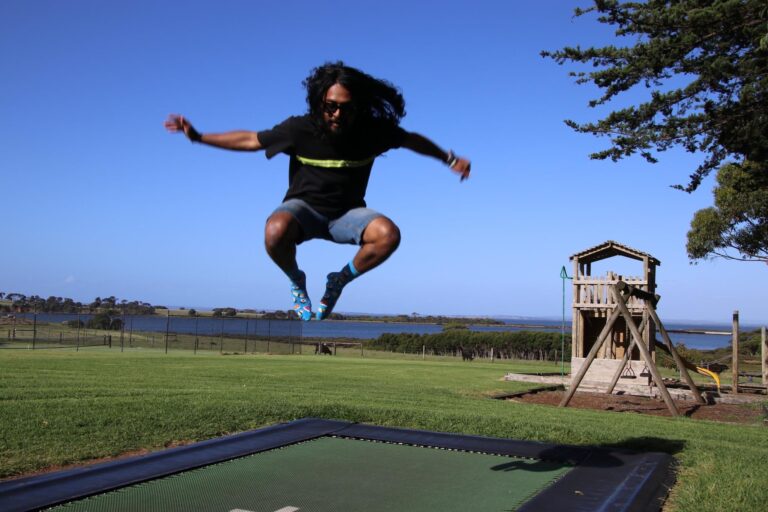
Disability group activities are a vital component of fostering personal development, inclusivity, and socialisation for individuals living with psychosocial, intellectual, and dual disabilities, such as chronic mental health conditions, autism, and Down syndrome. These activities not only help build and improve skills but also create social connections, boosts self-esteem, and enhance overall well-being.
Together, let’s explore the vibrant landscape of disability group activities, designed to empower and uplift people on their journeys towards thriving lives in Australia.
Creative and Expressive Activities
Fostering creativity and self-expression is vital for the holistic development of individuals with disabilities. Some popular creative group activities include:
- Art Therapy: Artistic endeavors, such as painting or pottery, can be therapeutic and beneficial for emotional well-being. Various studies have shown that art therapy improves communication, coping skills, and social functioning in individuals with autism and other disabilities.
- Drama and Role-playing: Engaging in drama and role-playing activities can boost social skills, confidence, and cooperative behaviour. Many organisations offer specialised drama programs tailored for individuals with disabilities, providing a supportive environment for personal growth and expression.
- Music and Dance: Music and dance classes can enhance sensory awareness, improve motor skills, and promote relaxation. Participating in transformative group activities, such as drum circles or adapted dance classes, encourages individuals with disabilities to express themselves and connect with others.
Sports and Physical Activities
Physical activities are crucial for overall health, fitness, and well-being. Some inclusive sports and physical activities to participate in are:
- Adaptive Sports: Many sports, such as basketball, rugby, or swimming, offer adaptive variations specifically designed for individuals with disabilities. These sports can improve physical fitness, motor skills, and social connections
- Yoga and Meditation: Yoga classes, adapted to accommodate diverse needs, can help individuals with disabilities improve flexibility, balance, and mental well-being. Guided meditation or mindfulness sessions can also promote relaxation, stress relief, and emotional self-regulation.
- Outdoor Activities: Outdoor outings, such as nature walks or adaptive cycling sessions, enable individuals to explore and engage with the natural environment while improving their endurance and mobility.
Skill-Building Workshops and Courses
Acquiring new skills and knowledge can greatly enhance quality of life for people with disabilities. Consider attending the following workshops and courses:
- Computer and Technology: Workshops focused on computer literacy and assistive technology enable individuals with disabilities to navigate the digital world independently. By learning to use technology effectively, they can access essential resources, communicate with friends and family, and find employment opportunities
- Cooking and Nutrition: Cooking classes tailored to individuals with disabilities provide practical skills for creating healthy and delicious meals, while also encouraging independence, organisation, and self-reliance.
- Vocational Training: Vocational programs designed for people with disabilities offer opportunities for workforce integration. These programs provide tailored support and training that can lead to meaningful employment, increased self-esteem, and greater personal autonomy.
Support Groups and Social Gatherings
Engaging in support groups and social activities provides individuals with disabilities a chance to make friends, share experiences, and nurture supportive networks. Popular support group activities include:
- Discussion Groups: For individuals with psychosocial, intellectual, or dual disabilities, participating in discussion groups can offer a supportive and safe environment for reflection, bonding, and emotional expression.
- Movie Nights and Group Outings: Organising regular social outings, such as movie nights or visits to local attractions, promotes camaraderie, social interaction, and a sense of connectedness among individuals with disabilities.
- Peer Mentorship Programs: Joining peer mentorship programs can build relationships, develop leadership skills, and foster independence, where participants can offer or receive guidance and support from others with similar lived experiences.
Community Integration and Volunteering
Participating in community-based programs and voluntary work can lead to meaningful connections and a sense of belonging. Options include:
- Community Gardening: Inclusive community gardening projects encourage individuals with disabilities to contribute to greener, healthier urban spaces while learning about nature, sustainability, and teamwork.
- Animal-Assisted Programs: Animal-assisted therapy and volunteering at animal shelters have been shown to improve mood, reduce stress, and increase communication for individuals with disabilities.
- Service Initiatives: Participating in local service initiatives, such as park clean-ups or food drives, allows individuals with disabilities to give back to their community, develop a sense of responsibility, and enhance their social network.
By fostering an environment of inclusivity, empathy, and encouragement, disability group activities can truly play a pivotal role in improving the mental, physical, and emotional well-being of people living with psychosocial, intellectual, and dual disabilities. The wide array of available activities enables everyone to find a suitable activity that resonates with their unique interests, strengths, and aspirations.
To explore a wide range of group activities and tailored support services for disabilities such as chronic mental health conditions, autism, and Down syndrome, take a look around The Disability Company’s website. Our dedicated team at The Disability Company is committed to helping you navigate life’s challenges and maximise your potential for growth and happiness.
Get in touch with us today to begin your journey towards building a brighter and more fulfilling future! Contact us on 1300 897 848.
Check more events and stories
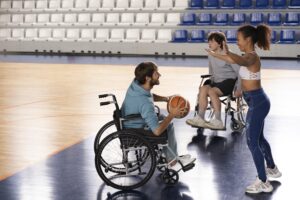
Exploring Adaptive Sports and Recreation Opportunities in Australia
Discover empowering opportunities like wheelchair basketball, adaptive cycling, and more that promote inclusion and achievement
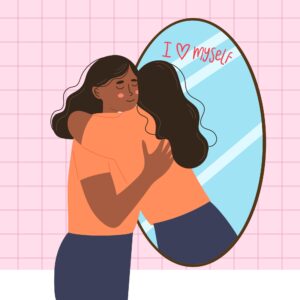
Self-Care Strategies for Individuals with Disabilities and Chronic Conditions
Discover practical self-care strategies tailored to the unique needs of individuals with disabilities and chronic conditions. From prioritizing rest and nutrition to cultivating emotional well-being and setting boundaries, empower yourself to enhance your overall quality of life and wellness journey.
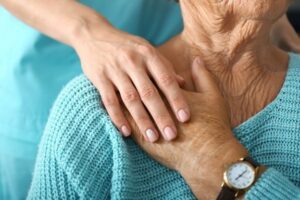
How Aged Clients Can Benefit from In-Home Care
How Aged Clients Can Benefit from In-Home Care in Victoria More Australians are choosing to live at home to maintain their independence as they age.

How to Choose a Quality NDIS-Registered Support Provider
Choosing a NDIS-Registered Support Provider in Victoria Trying to find an NDIS provider that provides quality, short and long-term care? Quality support means understanding and

Embracing Inclusive Recreation: A Guide to Accessible Leisure Activities for People with Disabilities
Embracing Inclusive Recreation: A Guide to Accessible Leisure Activities for People with Disabilities
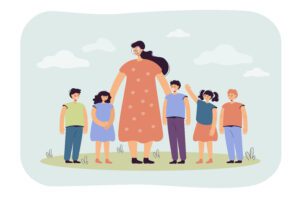
The Role of Caregivers: Supporting Loved Ones with Disabilities
Discover the vital role caregivers play in supporting individuals with disabilities. From understanding their challenges to offering practical strategies, this article sheds light on the importance of self-care, communication, and advocacy. Reach out if you need support on this journey.

